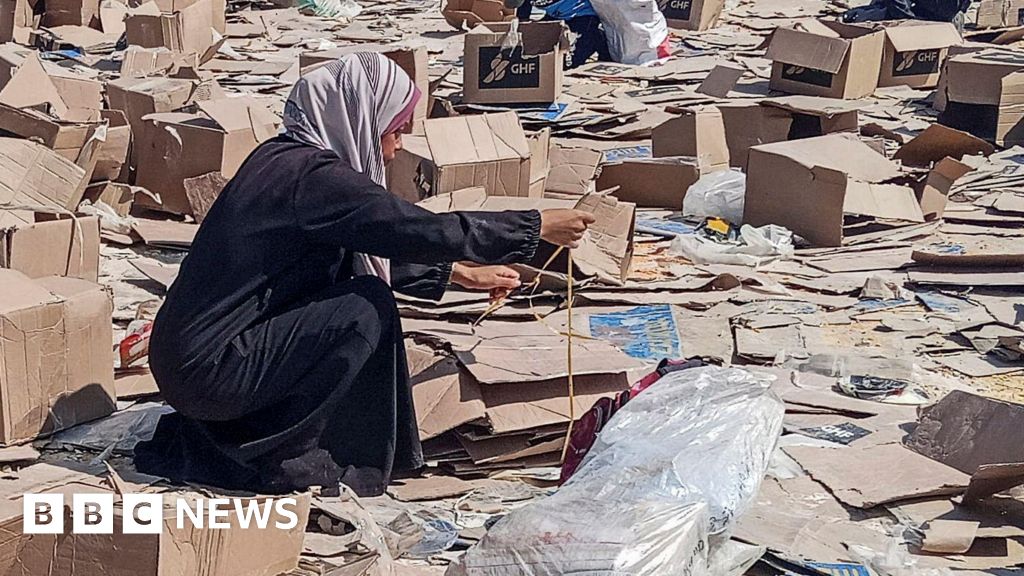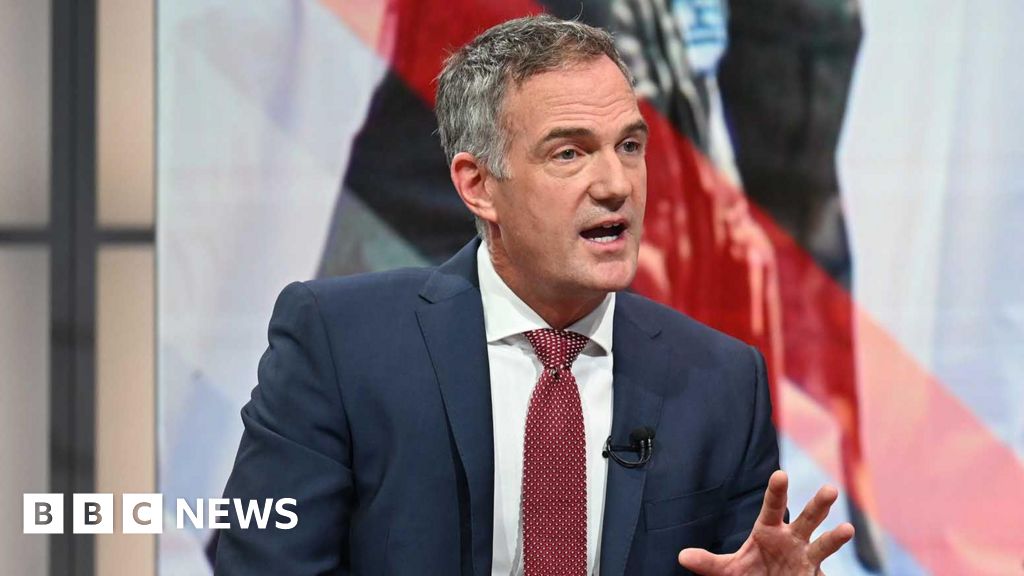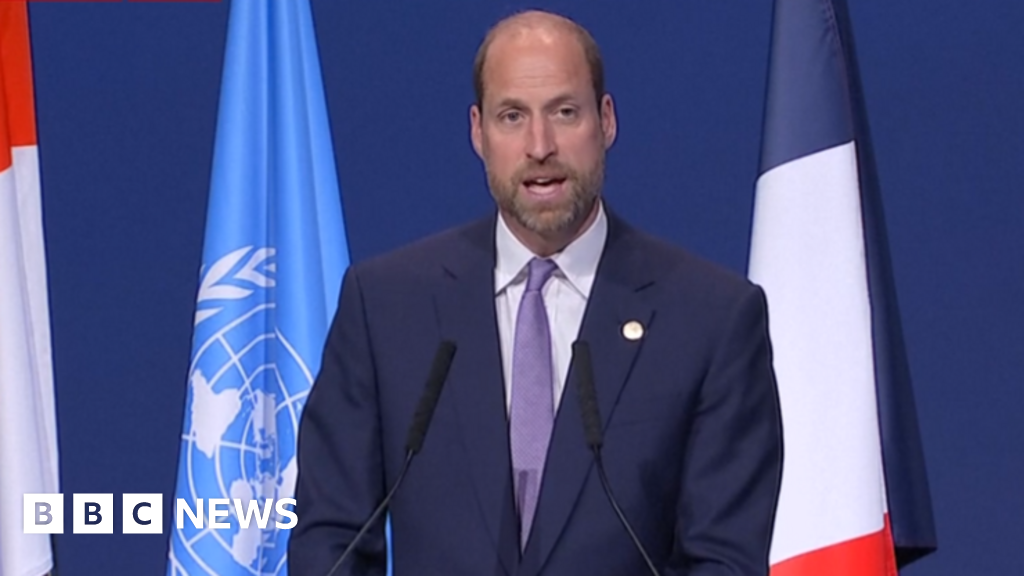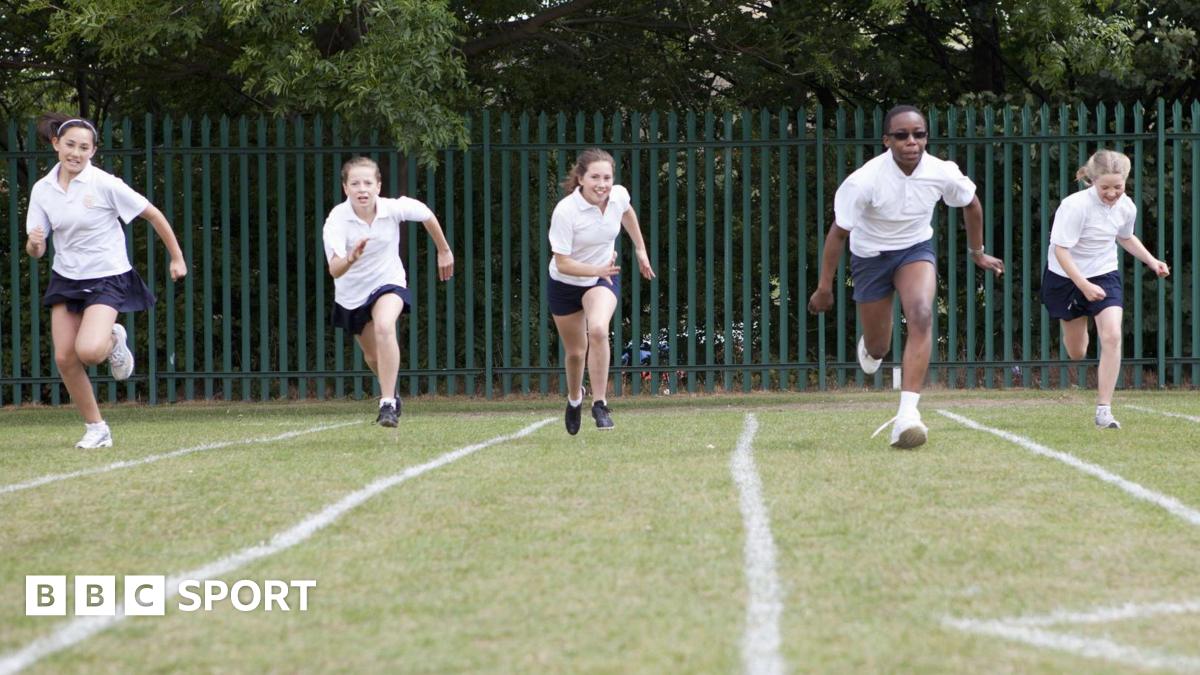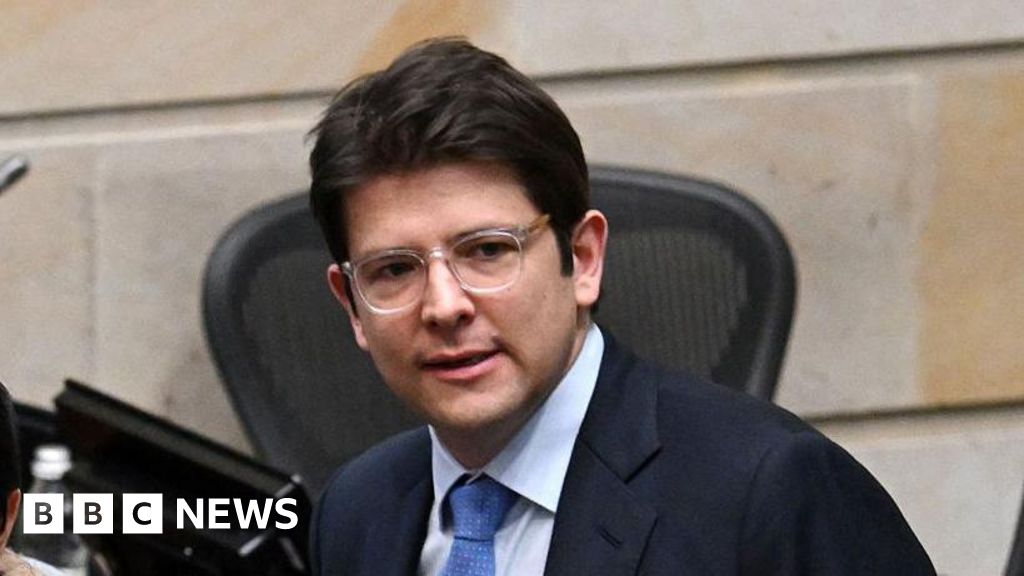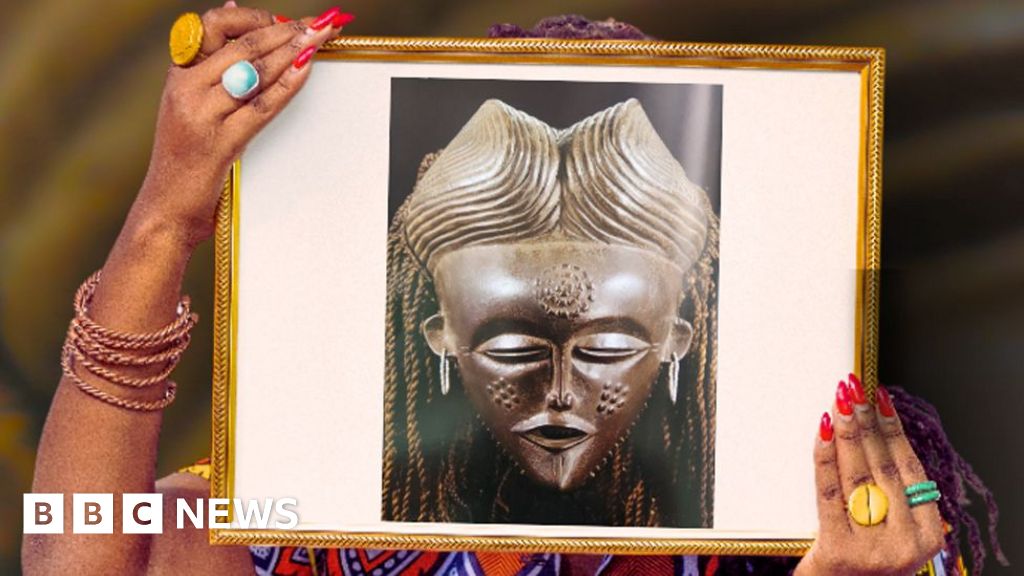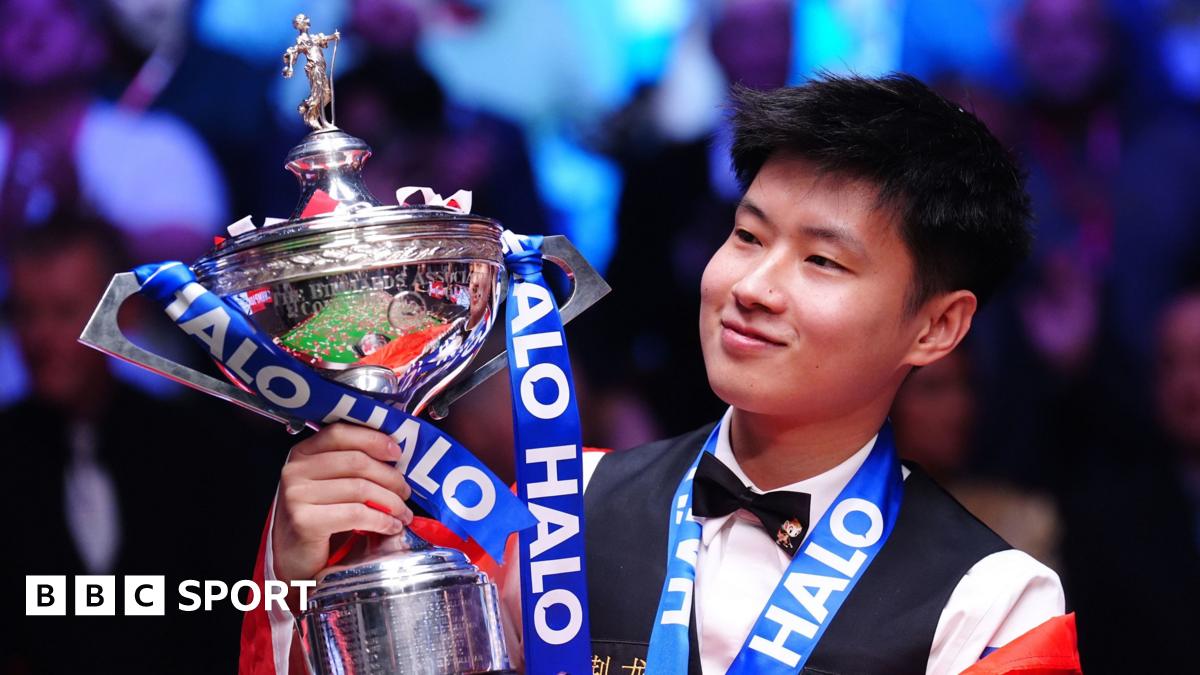Scotland women's cricket team were riding a high in December 2024. Just one month after their first appearance at a World Cup, they had been named as their nation's team of the year.
Less than six months on, they have no fixtures scheduled.
Not one in the diary. In fact, they have not played at home since 2023.
"From a funding perspective, cricket costs so much to run. Our resources are extremely sparse - we're almost running on fumes to try and have our women's programme exist," says director of performance Steve Snell.
"To host a series we're looking at, give or take, between £75,000 and £100,000 and with very little kickback in terms of getting any money back in from that. If we do that three or four times a year against different teams, it gets expensive very quickly."
The women's game for associate countries, unlike Full Member nations like England, does not have a mandated Future Tours Programme that dictates when fixtures need to happen.
With teams having to organise things themselves, even if there is willing from touring countries, such as Pakistan, the prohibitive costs often make it impossible.
And for players such as wicketkeeper Sarah Bryce, the situation is a painful one: "Teams are wanting to play us now, which is really exciting, but we're not able to.
"It's just really frustrating because it's difficult to know how we keep pushing forward as a team when we don't have those opportunities to develop."
"We feel pretty helpless. There's not really much we can do about the situation if we don't get the financial support that I think we deserve at this point," agrees bowler Abtaha Maqsood.
Cricket Scotland receives approximately £1.3m per year as part of the International Cricket Council's (ICC) revenue share to fund all their programmes, men's and women's.
The board has reportedly never made a profit.
Compare this with the England and Wales Cricket Board (ECB), which receives in excess of £30m from the ICC and has lucrative series for which to sell broadcast rights on an annual basis. The ECB's latest accounts show a pre-tax profit of £27.9m.
More assistance could be offered from England with regular fixtures, says Snell.
"I don't think it's a huge ask for us to have more interaction from a men's and women's perspective in terms of England and England A for men's and women's teams."
The ECB says it does offer plenty of support, with a spokesperson saying: "We are happy to support the development of women's cricket in Scotland and already organise fixtures at a pathway level, including inviting Scotland Women's under-19s to play in the School Games last year, while England Women's under-19s will play a number of fixtures against Scotland A this summer."
But is it enough to only offer support at only junior levels?
"These Full Member nations need to help out the associate members a little bit more and try their best to host us whenever they can because it's clearly not really coming from the ICC," says Maqsood.
The ECB says that it is far from being that simple, though: "The priority for England Women has to be scheduling series against ICC Full Members which fulfil our obligations within the ICC's Future Tours Programme and set the team up for success in global tournaments and marquee series like the Women's Ashes."
For Bryce, the need to grow the game should not be seen as purely altruistic, but rather an opportunity to help cricket become a successful sport more widely: "We don't want it to just be India, Australia and England as the only top three teams competing. I think it's much more exciting when those World Cups are competitive."
It has long been an issue for the game that qualifying tournaments for major events are organised late, meaning many of Scotland's players who are on one-day-per-week contracts have to rearrange life at the last minute to attend.
"We are getting very, very last-minute information about tournaments. And when we've got limited funding, it makes planning very difficult. Even four weeks before the tournament in Pakistan with the Women's World Cup Qualifier, we had scant information about what was happening," says Snell.
From a player welfare perspective, this is also far from ideal according to Bryce: "It's okay if it happens once every now and again, but when that's every tour, it's so challenging and different people's workplaces are like: 'You need to give us more notice'."
Cricket in the United Kingdom is not short of money – just look at the close to £1bn valuation for the eight franchise teams in The Hundred. According to Snell, it would not take much to make a huge difference.
"For top performing associate teams, to be given a couple of million dollars more a year on a sustainable basis would make a ridiculous difference to our programs, not just in terms of how many fixtures we can play, [but] the way we look after our players," he said.

 3 weeks ago
46
3 weeks ago
46

